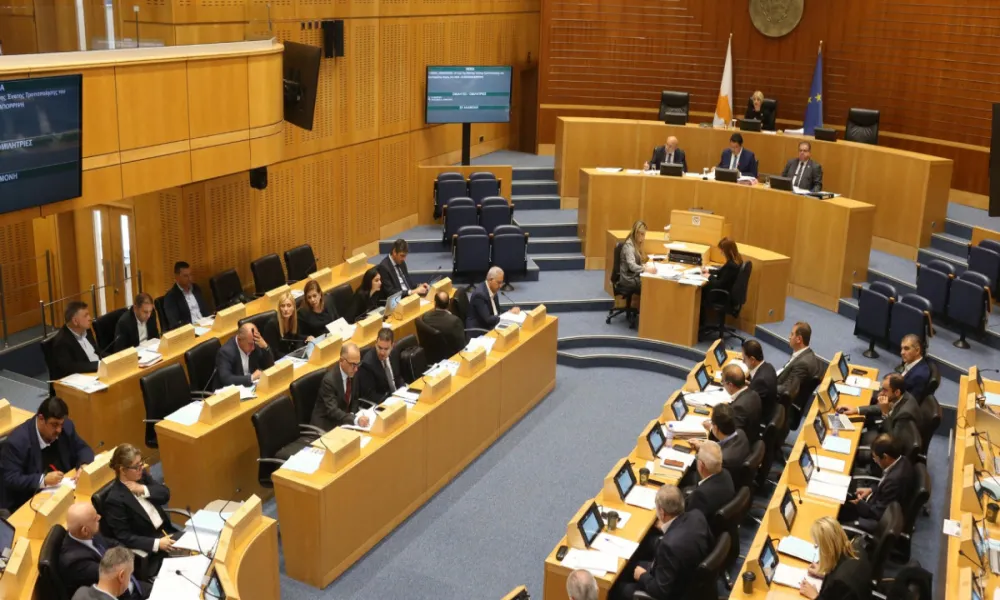As Cyprus moves inexorably toward the parliamentary elections of May 2026, the political stage is gradually being set.
What makes the current cycle especially intriguing is the combination of continuity with disruption: established parties facing internal pressure, new platforms trying to break in, and the perennial question of how candidate lists will reflect both political strategy and identity. Traditional centre parties appear under threat, in some cases even at risk of not making it, as the far-right gains ground and the political scene fragments. For all the rhetoric of renewal, women, younger candidates, and more diverse voices remain conspicuously absent, a silence that makes the outcomes feel less surprising than they might otherwise appear.
Parties are shifting out of internal huddles into public positioning; individuals are testing the waters of candidacy or quietly deciding to step back. The story is not yet settled, but certain axes and tensions are already visible.
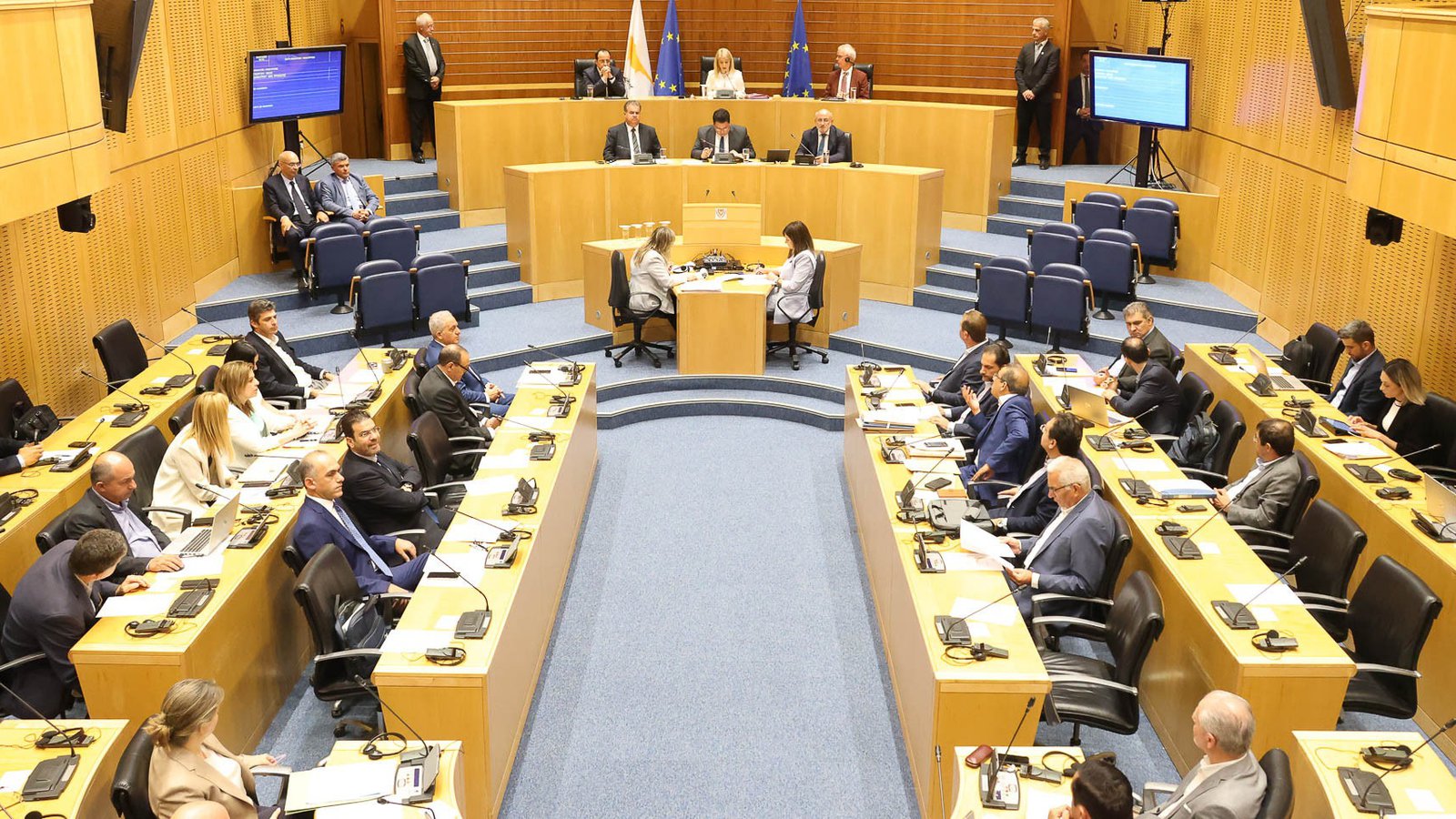
DISY Gears up early, pushing for momentum ahead of 2026
The Democratic Rally (DISY) has taken the lead in the run-up to 2026, completing candidate nominations across all districts as a clear sign of determination to win the elections and to enter the race with dynamism. The early move underscores the party’s strategy of preparation and control, even as it faces the twin challenges of internal competition and external pressure. Analysts note that the rise of the far-right ELAM has already pushed DISY toward a more conservative turn, in an effort to stem voter leakage.
Politis reporting highlights a mix of established and new figures: Margaríta Kaimaklioti in Famagusta, Antonis Stylianou in Limassol, and former Deputy Minister Anastasia Anthousi in Nicosia, who framed her candidacy as service-oriented while warning against the misuse of the party for personal agendas. Former Health Minister George Pamboridis has also stepped into the Nicosia race, adding weight to the capital’s contest, while Michalis Kounounis, a former basketball player, is expected to run in Limassol as a guest candidate.
Yet not all potential contenders remained in the field. Costas Gavrielides, a prominent figure from Cyprus’ LGBT community and former presidential commissioner for civil society, withdrew his candidacy, citing divisiveness within DISY and wider public polarization. His exit was widely seen as a setback for the party’s effort to project inclusivity. Deputy spokesperson Xenia Konstantinou also announced she would not run.
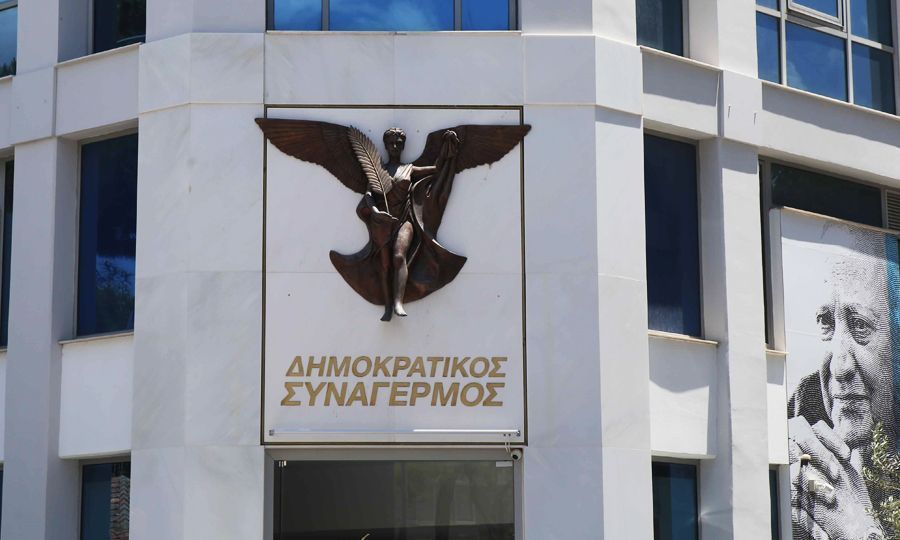
In Nicosia, the ballot is now fixed with 19 candidates after the withdrawals: Dimitris Dimitriou, Savia Orphanidou, George Pamboridis, Anastasia Anthousi, Charalambos Petrides, Polis Kourousides, Neophytos Zampas, Marios Ilias, Elena Kousiou, Andreas Constantinou, Zacharias Manitaras, Christakis Meleties, Konstantinos Mountoukos, Christos Pallis, Theodoros Tsatsos, Christoforos Christoforou and George Chrysanthou. Based on updated demographic data, Nicosia’s seats are being reduced from 20 to 19, while Paphos gains one, increasing from 4 to 5.
The case of Limassol remains unresolved. With more aspirants than available slots and no withdrawals in sight, internal elections now appear inevitable, so much so that a ballot paper has already been printed in anticipation.
Despite projecting readiness, DISY faces the delicate task of balancing ambition and unity. The party’s determination to enter the race with dynamism will be tested not only by external rivals but also by its own internal contests.
AKEL: Renewal under pressure, balancing continuity and change
On the left, AKEL is wrestling with its own formula for renewal, aiming not simply to reproduce existing patterns but to manage a selective generational shift.
Politis reporting has already floated names for AKEL’s candidate slates, especially in Nicosia, where the party holds six seats it is determined to defend. Younger and less-tested figures are expected to be brought in to push AKEL’s appeal beyond its traditional strongholds, with the final candidate lists to be settled before the end of November.
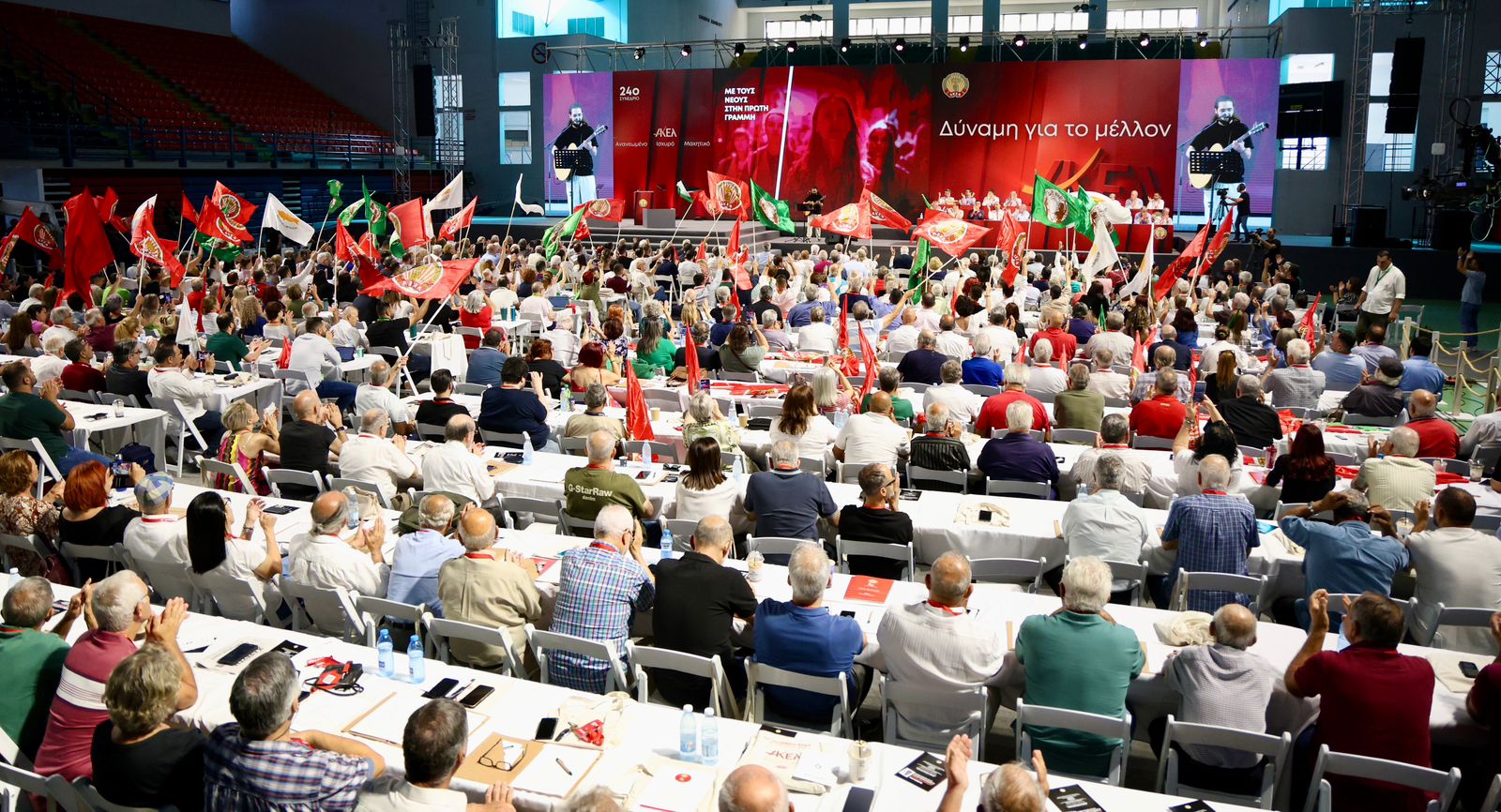
In Nicosia, sitting MPs Stefanos Stefanou and Christos Christofides have both committed to run again, anchoring continuity. But the party faces tougher choices over long-serving MPs: Giorgos Loukaides and Aristos Damianou, each completing a third term, have been granted conditional exceptions to remain on the slate, while veteran MP Andros Kafkalias has chosen not to contest, opening space for new faces.
The Central Committee has meanwhile moved to exclude Limassol MP Costas Costa, in parliament since 2011, under its term-limit and “political core” rules. Exceptions were given only to Loukaides and Damianou. Costa, who has openly criticized the decision as unfair, expressed disappointment but rejected speculation that he might join Odysseas Michaelides’ new party ALMA, insisting on his loyalty to AKEL even as his parliamentary career nears its end.
Limassol
In Limassol, where AKEL holds three of twelve seats, only Marina Nicolaou will seek re-election. Costas Costa and Andros Kafkalias depart under the term-limit rule, creating two open slots. Among the names circulating are lawyers Argentoula Ioannou and Fotini Michailidou Christou, Social Alliance member Melani Stelios, municipal councillor Apostolos Psaras, and retired police officer Antonis Georgiou.
Famagusta
In Famagusta, where AKEL controls three of eleven seats, incumbents Giorgos Koukoumas, Nicos Kettirou and Yiannakis Gavriel intend to run again. Possible new entries include deputy mayor Chrysanthos Zannetou and Central Committee member Athina Zaoura. The case of Anna Theologou, who made a strong showing in the European elections but may relocate to Luxembourg, remains unresolved.
Larnaca
In Larnaca, which holds six seats overall but only one for AKEL, Andreas Pasiourtidis will seek re-election. Former footballer Panicos Xiouroupas, a member of the Social Alliance, has also emerged as a potential candidate.
Paphos
In Paphos, with four seats (one held by AKEL), Valentinos Fakontis will run again. Former provincial secretary and educator Giorgos Yiallouris is seriously considering a candidacy, while municipal councillor Costas Diplarios and POGO Paphos member Maria Nicolaou are also mentioned.
Kyrenia
In Kyrenia, where three MPs are elected and AKEL currently holds one, incumbent Christos Christofias cannot seek re-election. Lawyer Alexia Koundouri is seen as the frontrunner to replace him.
ALMA: reformist hopes with eyes on the House
One of the more closely watched entrants is the party “ALMA,” led by Odysseas Michaelides, the former Auditor-General. Michaelides has made no secret that he intends to contest both the 2026 parliamentary elections and the 2028 presidential contest.
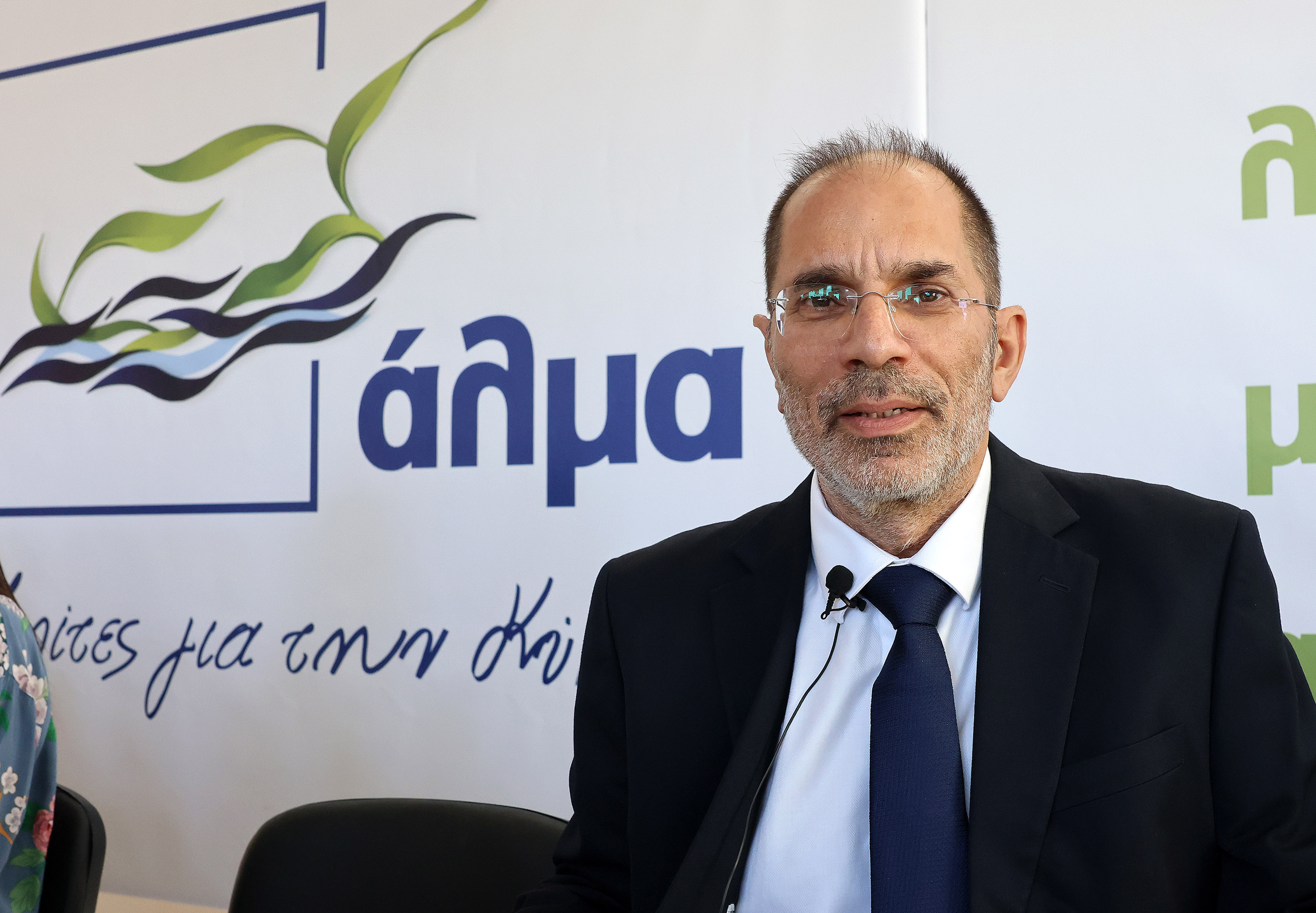
Alma positions itself as a reformist alternative to the entrenched party dynamics. But as yet, the movement has not revealed detailed candidate names or the composition of district lists in the public domain (at least in Politis’ reporting). Its success will depend on whether it can translate Michaelides’ personal recognition into credible appeal for running mates and support networks.
Smaller parties, shifting terrain
The smaller parties and movements are also stirring. Volt Cyprus, still emergent, has begun its own internal naming speculation. Politis reports that leading figures of the party are being considered for candidacy in 2026, though no confirmed name has yet been published, reflecting the existential importance the election has for VOLT’s survival and relevance.
In a more dramatic turn, the far-right ELAM has already secured the candidacy of Andreas Papacharalambous, the former mayor of Strovolos and former DISY member, as an at-large candidate in Nicosia. The move underscores ELAM’s ongoing strategy of drawing disaffected individuals from mainstream parties. Similarly, Stelios Pasiourtidis has been announced as an ELAM candidate for Larnaca.
Meanwhile, the Democratic Party (DIKO) is quietly reshaping its strategy for the 2026 elections, aiming to project stability while refreshing its slate. Veteran MP Christos Orphanides will not seek re-election in Larnaca, opening space for new figures to step forward. Party officials are expected to put forward younger candidates and emphasize DIKO’s centrist role as a moderating force in parliament. The withdrawal of long-serving names like Orphanides signals both the challenges and opportunities facing DIKO: a need to maintain its traditional voter base while adapting to a more fragmented political landscape. These developments, taken together, suggest that the 2026 campaign may see both consolidation among core parties and intensification of smaller forces seeking to punch above their weight.
Thematic fault lines: gender, renewal, fragmentation
One of the salient threads already emerging is the pressure to modernize the composition of candidate lists. This is not limited to party politics. As Politis reported, Josie Christodoulou, the Commissioner for Gender Equality, has begun dialogues with party leaderships to encourage a more balanced representation of women.
The broader narrative is that the 2026 election may not only be judged on seats won, but on the quality, diversity, and renewal of the candidates field. The contrast between inertia and change is sharper this time.
At the same time, parties face internal tensions: the need to accommodate long-serving MPs, the demand for new blood, and the risk of fragmentation if disappointed aspirants defect or run independently.
Finally, the presence of new entrants like Alma adds the possibility that votes might split, altering traditional trajectories and alliances.
What to watch in the coming months
The outline is emerging, but many canvases remain blank. Will DISY’s internal ballots produce surprise names? Will AKEL’s process tilt in favor of youth or insiders? Can Alma build enough infrastructure to threaten in at least one district? Will gender balance be translated into actual list quotas or symbolic gestures?
Most critically, the announcement of final slates, likely by November and December 2025, will crystallize the electoral narrative. That is when the campaign moves from speculation into direct contestation.
Until then, watching who enters, who withdraws, and who gets pushed aside will reveal more about the evolution of Cypriot politics than the eloquence of manifestos.
